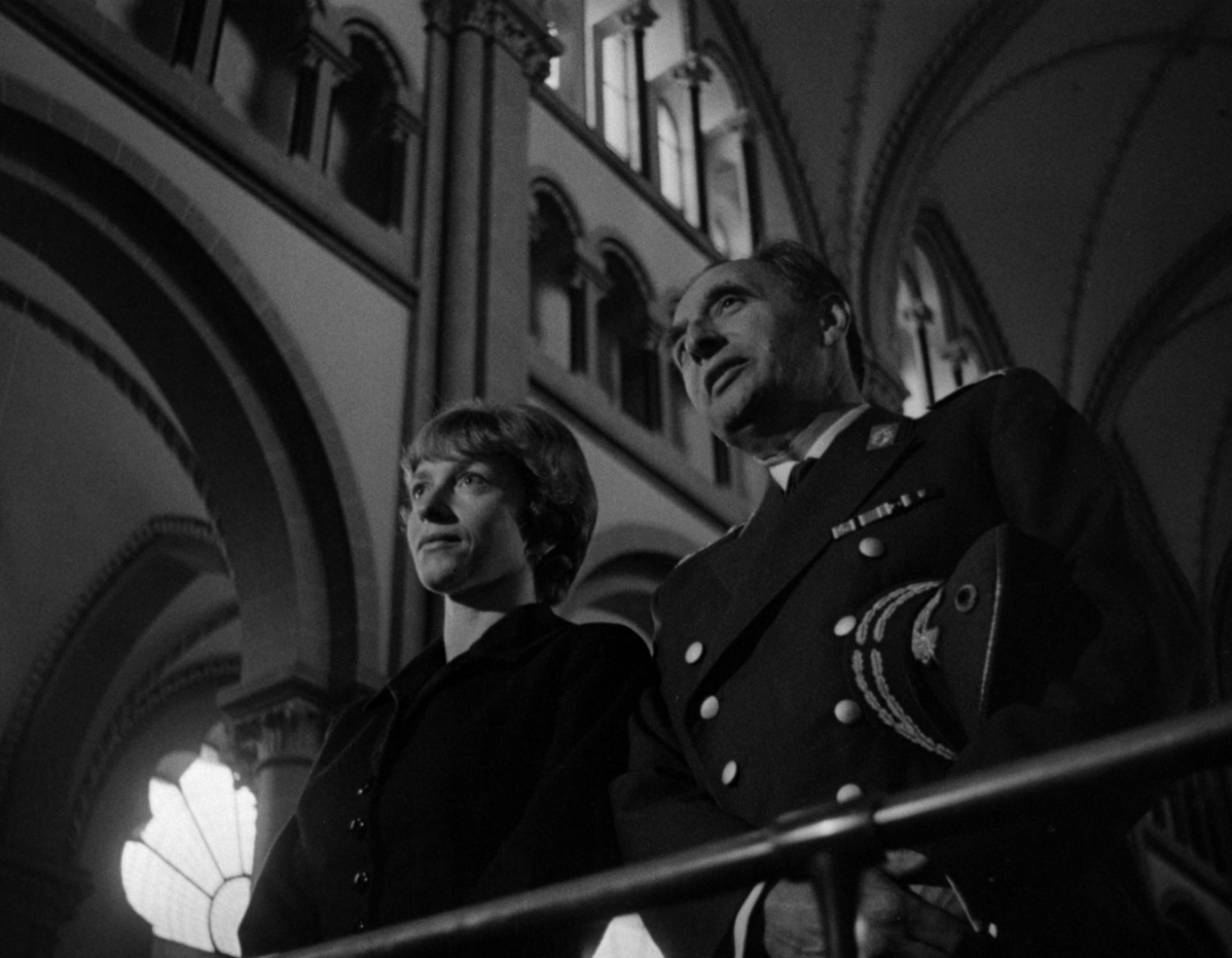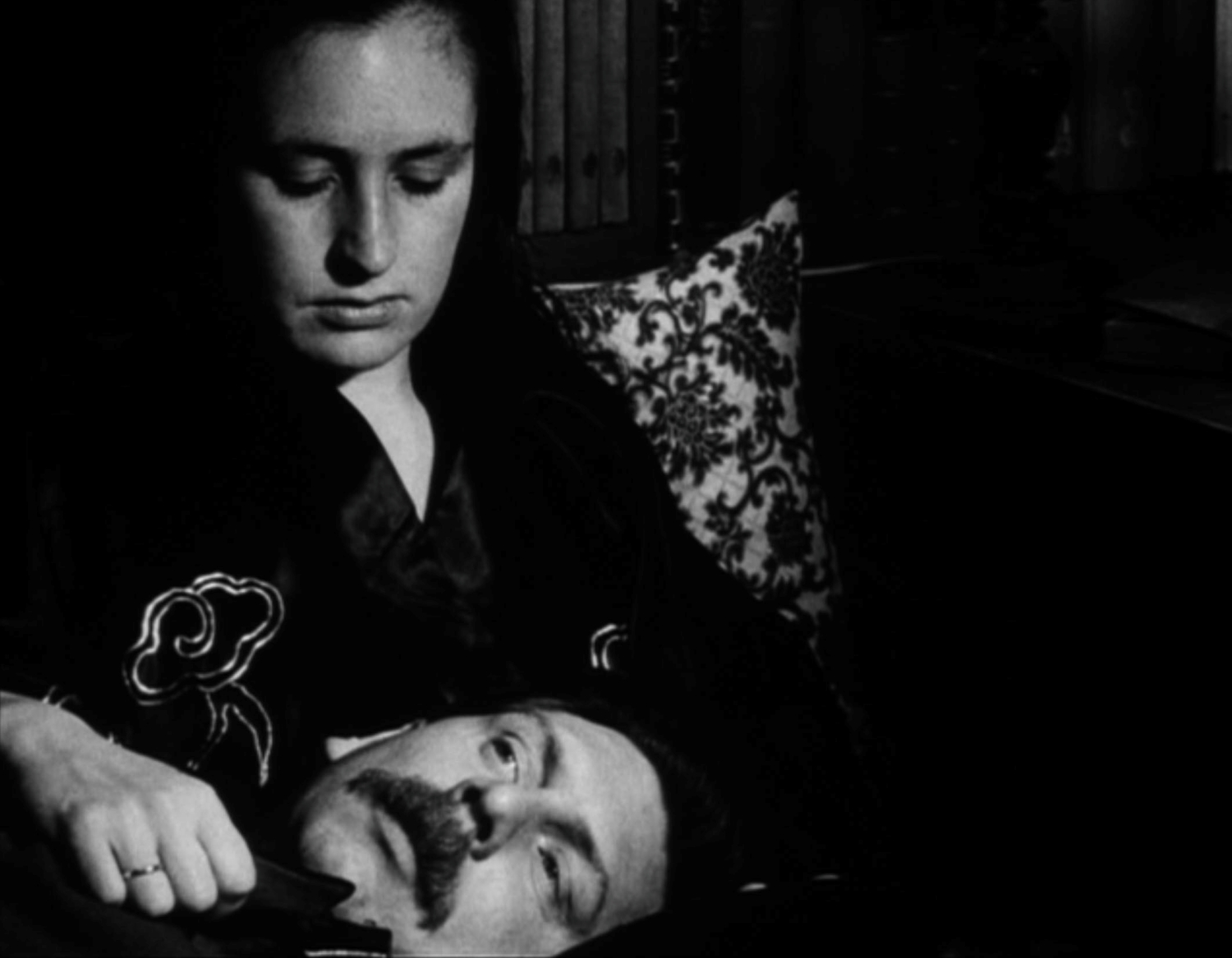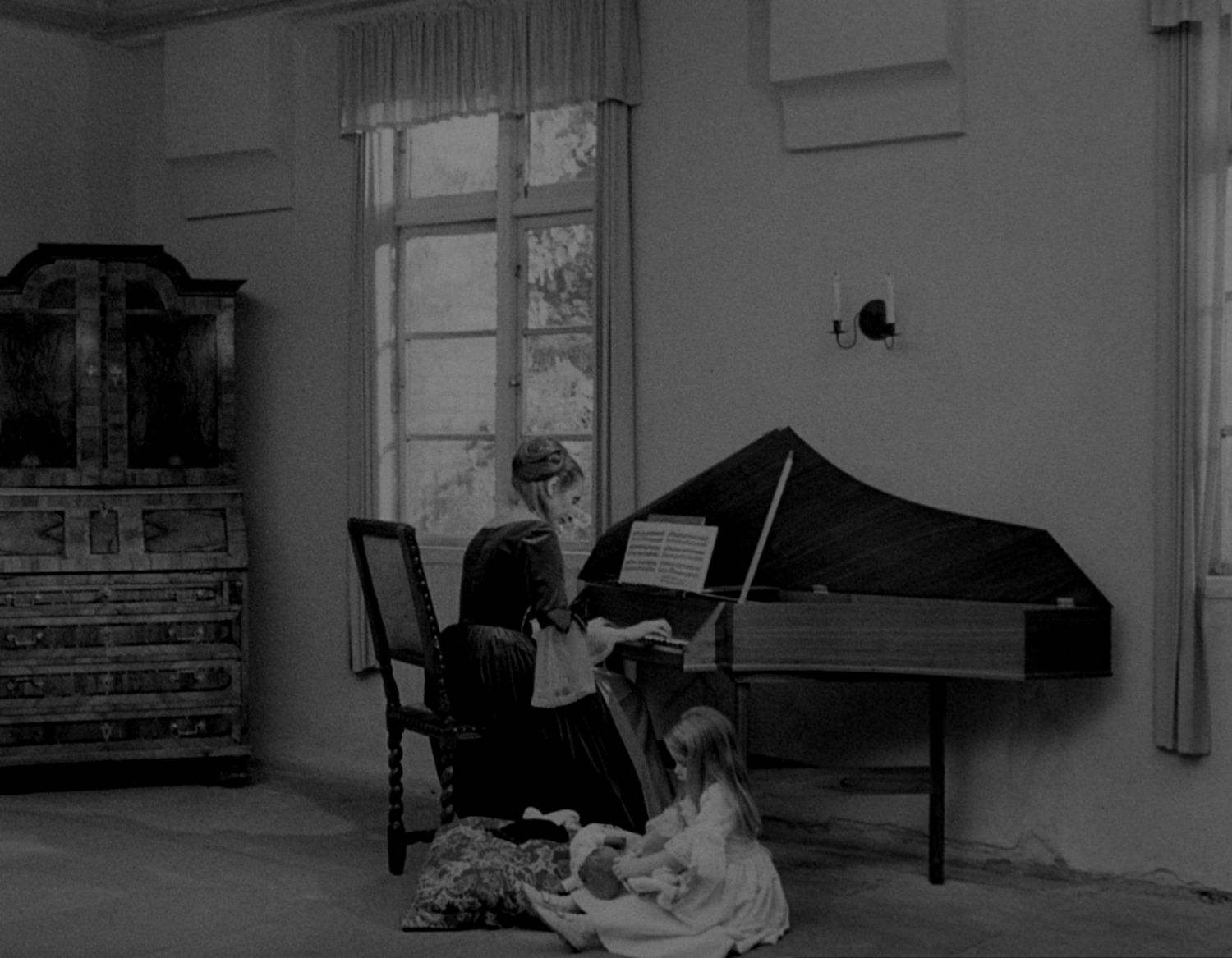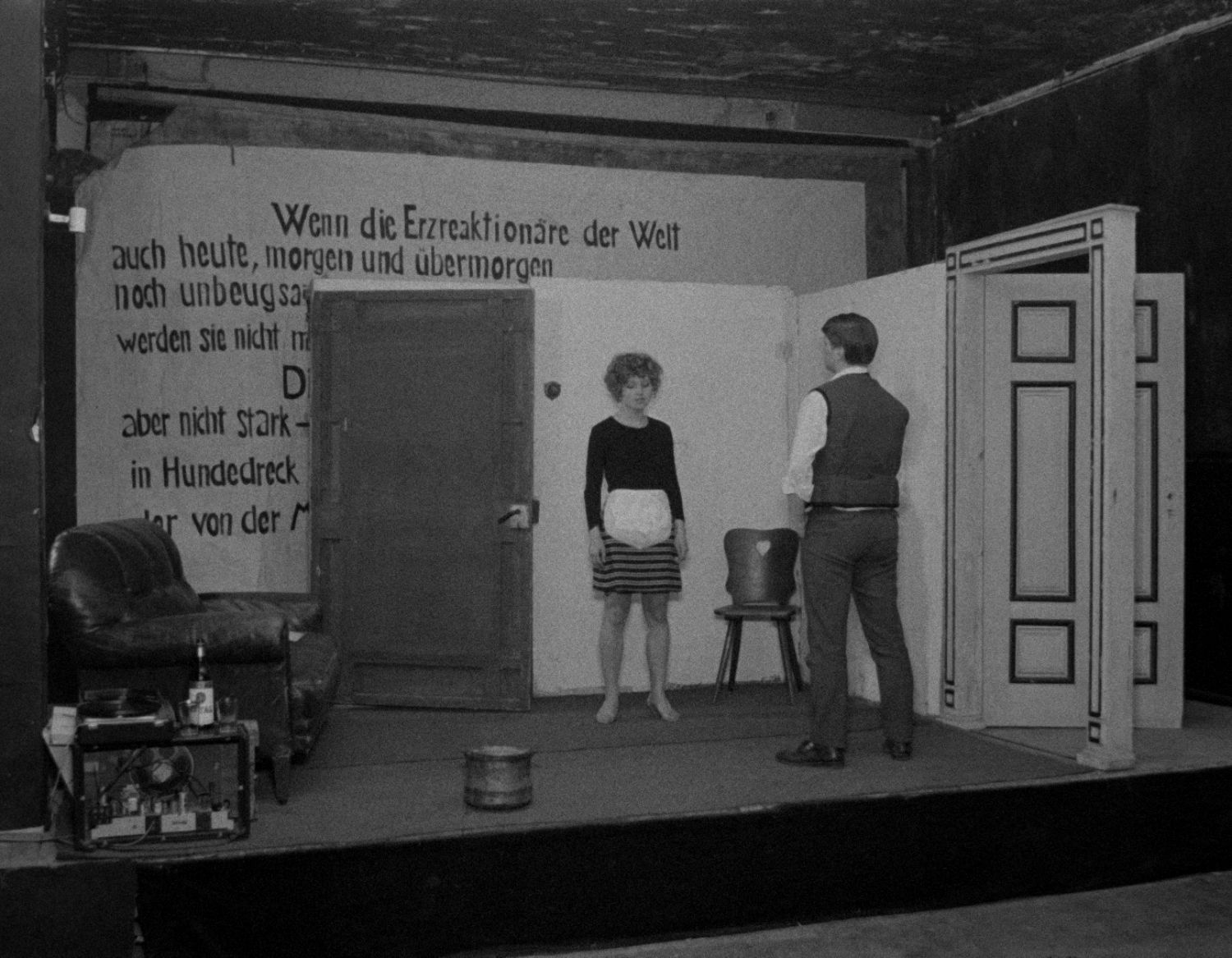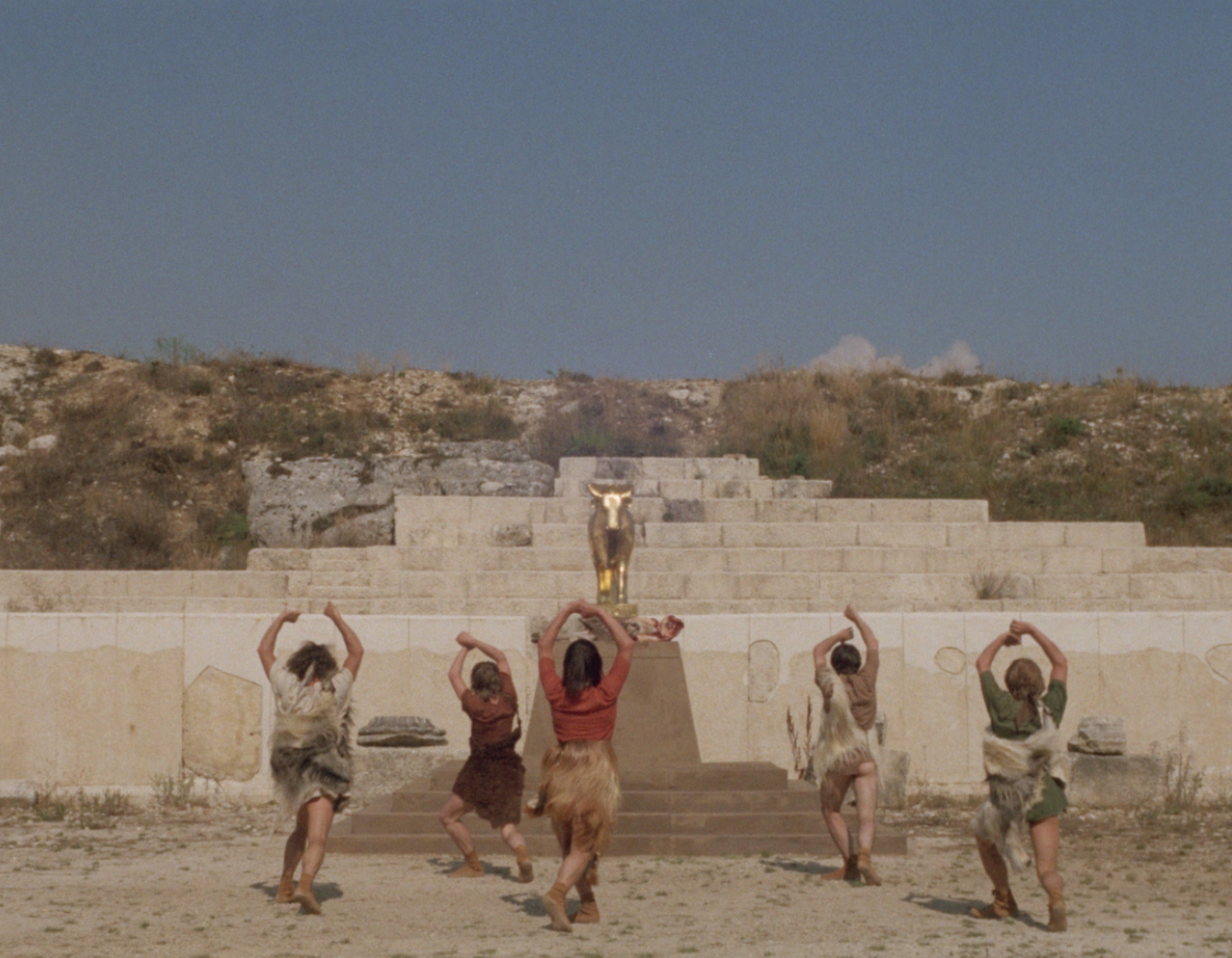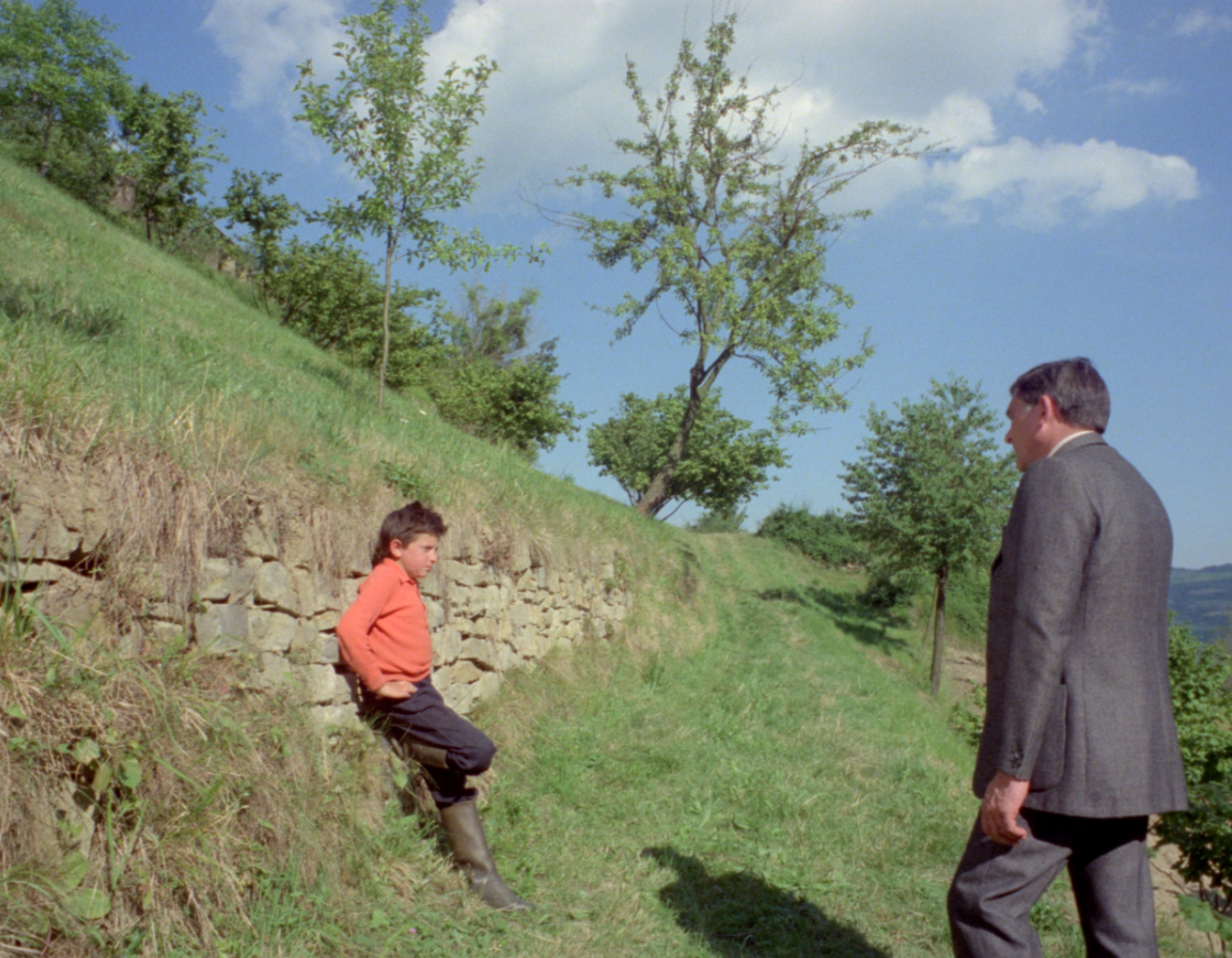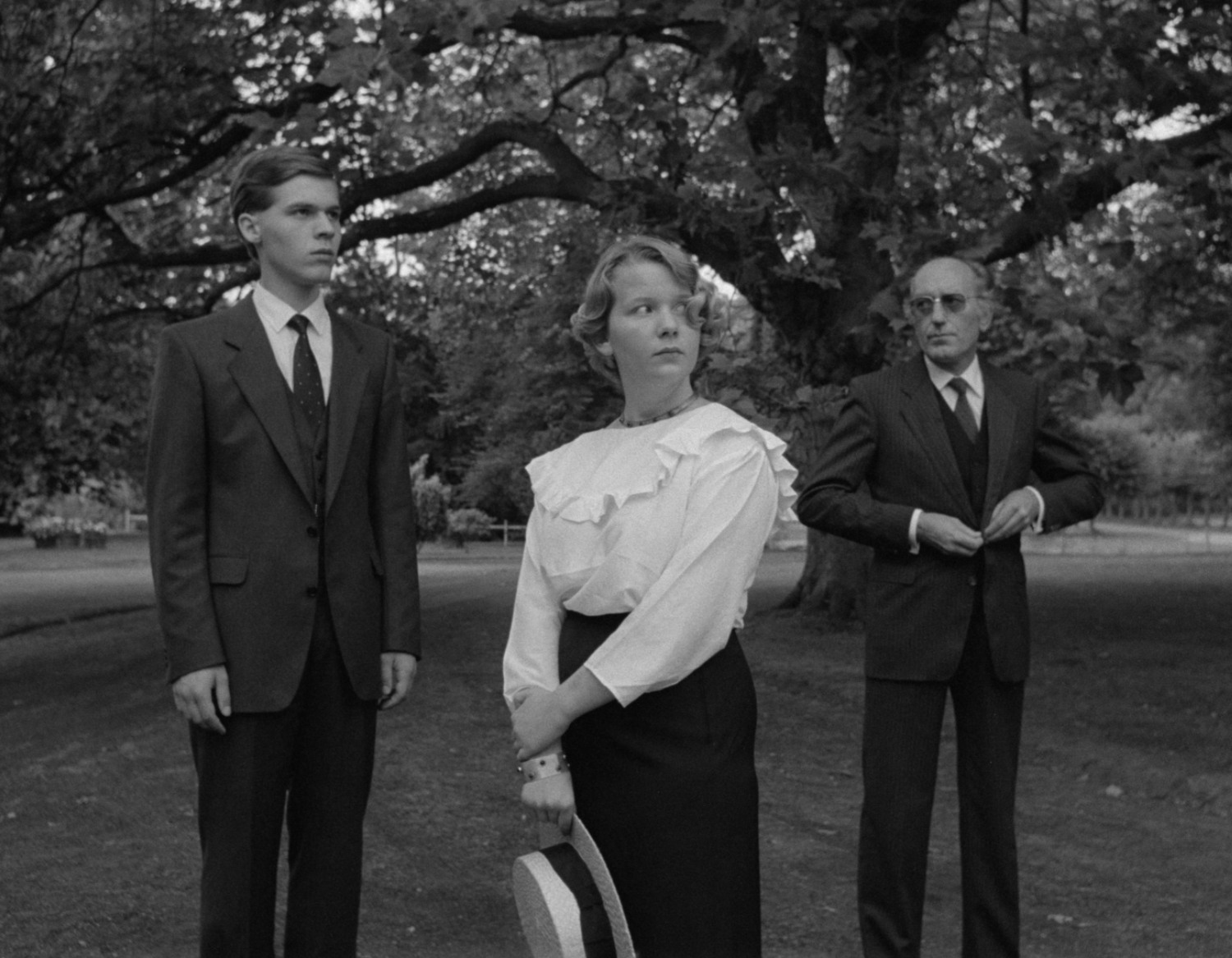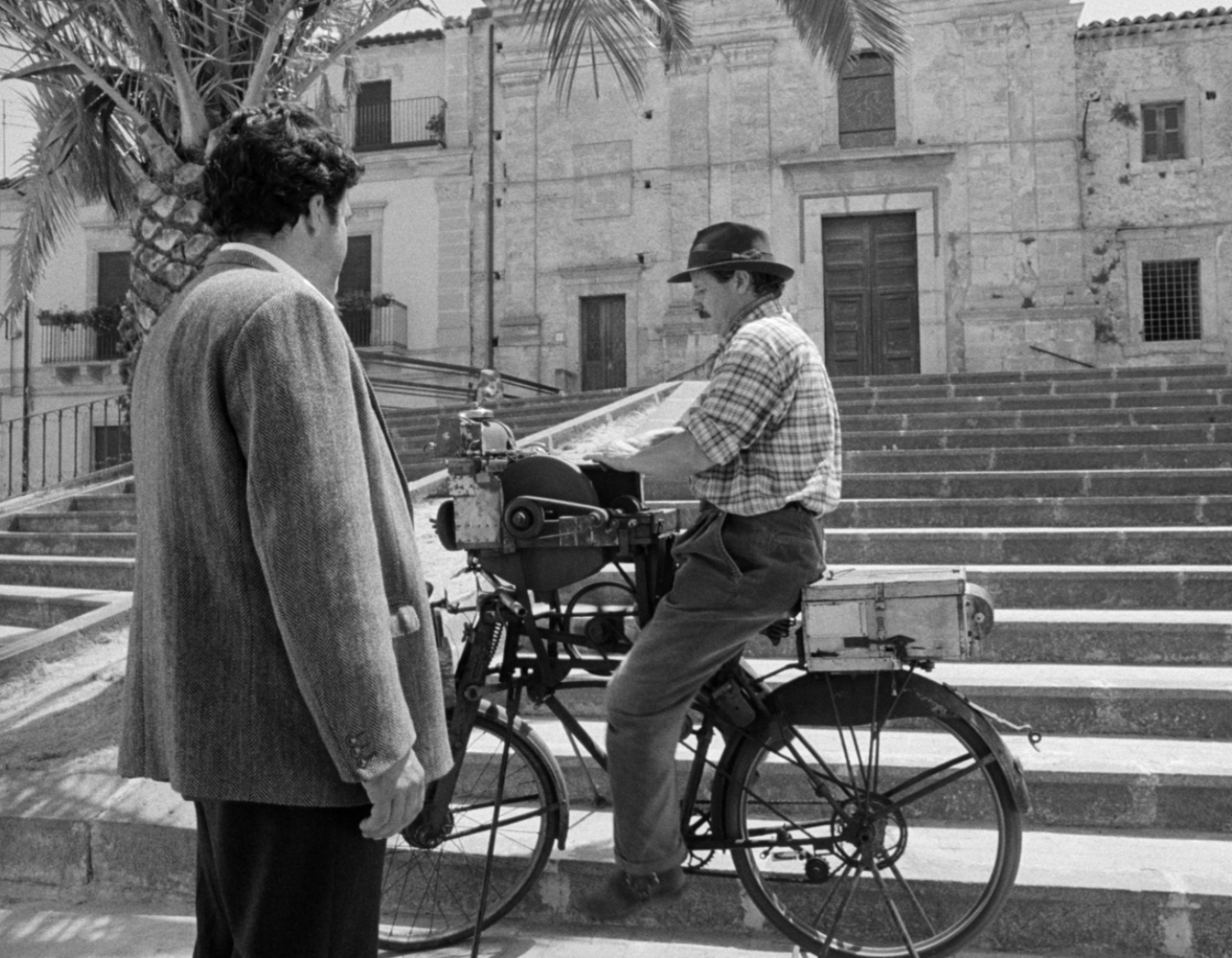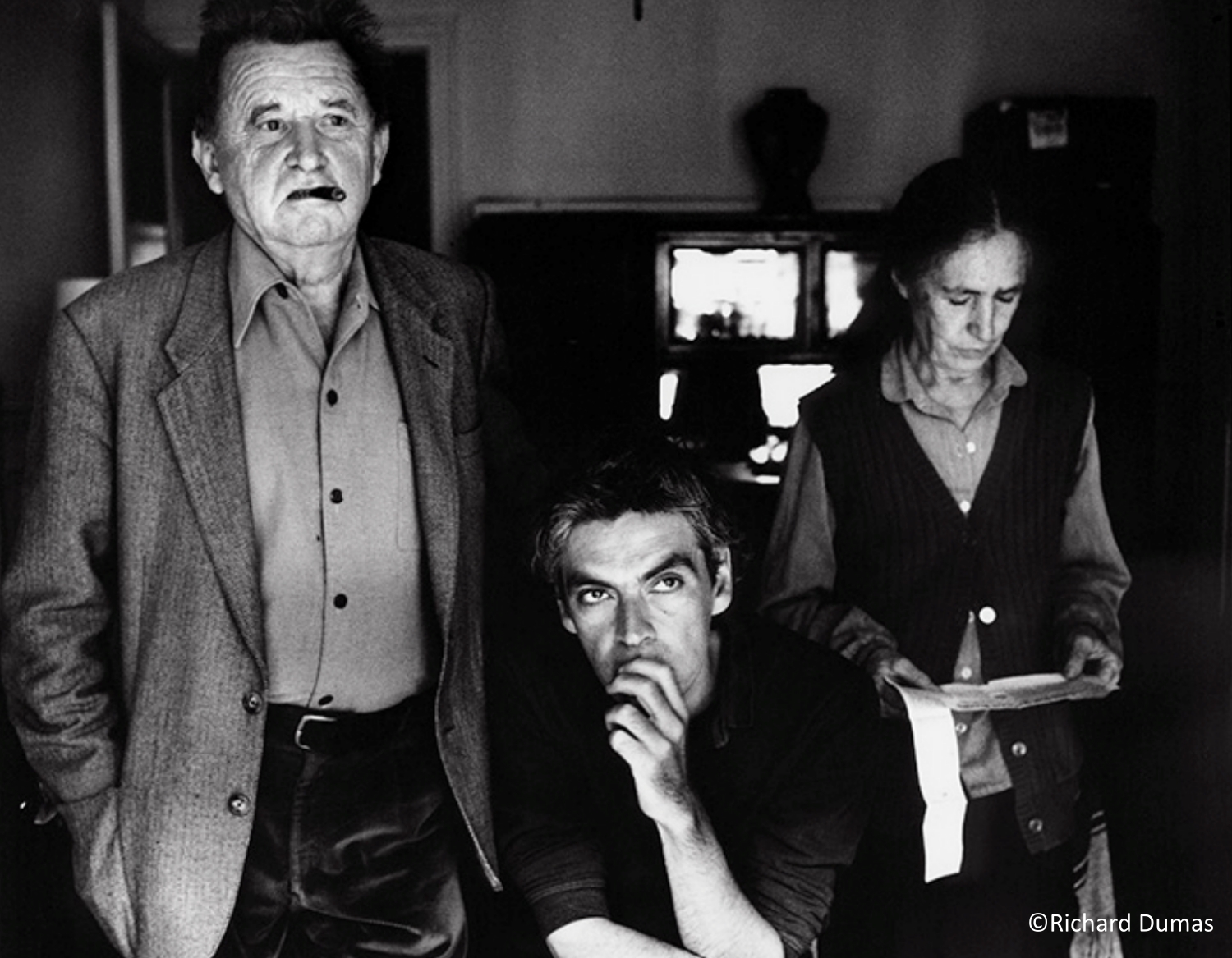Programme
Jean-Marie Straub and Danièle Huillet: A Poetic Political Engagement
Danièle Huillet (1936-2006) once recalled that she could clearly remember first meeting Jean-Marie Straub (1933-2022) in Paris in November 1954 because the Algerian War had just broken out. Not long after, as they began work on a script for a film about the life of Bach, their relationship was again marked by the conflict when the couple left France in 1958 so Straub could avoid the draft.
They settled in Munich, home to a lively, young film scene, making their first films in German: Machorka-Muff, Not Reconciled and the long-planned The Chronicle of Anna Magdalena Bach, that garnered them a small but enthusiastic critical reputation. Settling in Rome in 1969, they became truly international filmmakers, making films with crews and casts in Germany, Italy, France, Egypt and (three shots) America.
Compared early on to the work of Robert Bresson and Bertolt Brecht, their films are, nevertheless, truly singular. Disorienting yet overwhelming, these films stare at, and listen intensely to, the world and its people, so that we may see what is always present but absent. Filmed by a camera Straub once described as an ‘accomplice,’ the characters energetically burst off screen through carefully rehearsed performances that focus on the voice and minimal, but immense, gestures. We experience their struggles, their hopes, and their pain as though they were sitting right in front of us.
With simple means, they produced films that are diverse, polished and handmade. They collaborated with many of the same crew members for decades and edited their films themselves, creating unexpected, off-kilter rhythms out of blocks of shots (‘cinematographic material,’ they called it) with direct location sound that was never mixed to smooth out the discontinuity between takes.
Just as contemporary politics and border crossing marked their lives early, their later films return to the themes of geography and language: in short, the land. Throughout the 1970s, land gains an ever more prominent role in films such as Moses and Aaron and From the Cloud to the Resistance and see how it looks today and what lies hidden beneath it. In Class Relations, as if seen in a nightmare, it is the nocturnal landscapes the protagonist must cross as he explores America, while in Sicilia!, the filmmakers visually link conversations around earthy topics like food and desire to panning or tracking shots of Sicily’s dry lunar countryside.
Faster than Godard (to paraphrase Pedro Costa, who made the magical and stimulating documentary about Straub-Huillet’s editing process), these films often leave one breathless and off balance upon a first viewing. But that is just what can happen when one tries to capture the world, pertinent to their favorite painter Paul Cézanne once stated: ‘The immensity, the torrent of the world in a tiny piece of material.’
– Ted Fendt, editor of Jean-Marie Straub and Danièle Huillet (FilmmuseumSynemaPublications, 2016)

